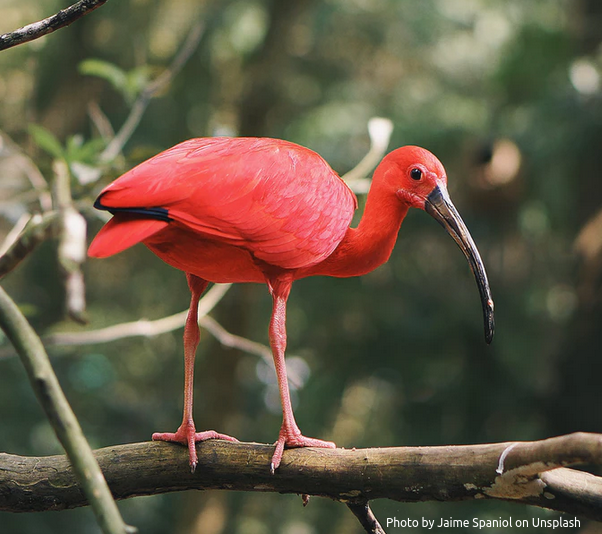
Learn and test your biological vocabulary for 5.1 Evidence for evolution using these flashcards.
These slides summarise the essential understanding and skills in this topic.
They contain short explanations in text and images - good revision for all students.
Read the slides and look up any words or details you find difficult to understand.
Revision summary list for 5.1 Evidence for evolution
- A change in the heritable characteristics of a species is evolution.
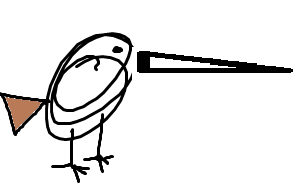
- Evidence for evolution comes from
- the fossil record.
- Selective breeding of domesticated animals
- "Adaptive radiation" can explain similar structures with different functions.
- Isolated populations can produce separate species by divergent evolution.
- Continuous variation across the geographical range of related populations matches the concept of gradual divergence.
Skills (can you ....)
- Describe how the dark bark leads to the development of melanistic insects in polluted areas.
- Compare and contrast the pentadactyl limb of mammals, birds, amphibians and reptiles.
- Describe how each limb structure is adapted to each different method of locomotion.
Mindmaps
These diagram summaries cover the main sections of topic 4.3 Carbon cycle.
Study them and draw your own list or concept map, from memory if you can.
Question about pentadactyl limbs as evidence of evolution
The question below, requires an understanding of the structure of the pentadactyl limb and the differences and adaptations which can be found in different animals. In this case the examples are birds and humans.
Answer the question on paper and then compare your answer to the model answer.
This diagram shows pentadactyl limbs in Birds and Humans
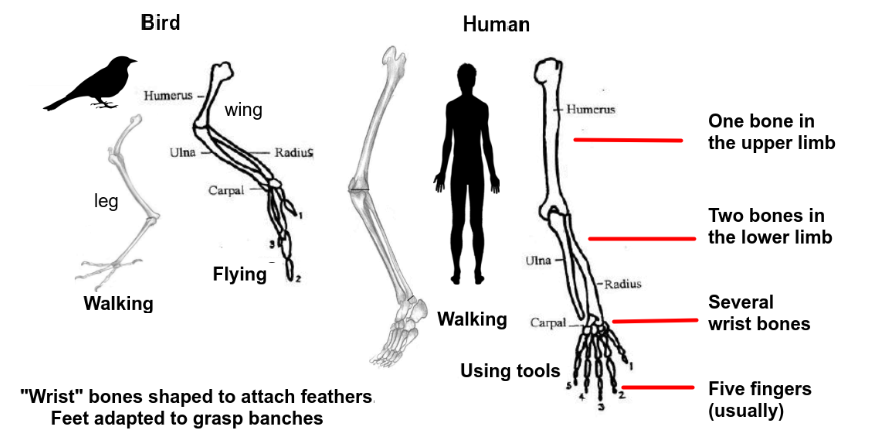
Compare and contrast the pentadactyl limb of mammals and birds. [4]
- Include similarities in structure
- Mention differences in specific elements
....................................................................................... ............................................................................
....................................................................................... ............................................................................
....................................................................................... ............................................................................
....................................................................................... ............................................................................
Describe how the structure of the wing and hand is adapted to each different function [2]
- Try to link structure and function in each point of your answers?
....................................................................................... ............................................................................
....................................................................................... ............................................................................Explain how the existence of pentadactyl limbs in birds and mammals provides evidence supporting the theory of evolution. [3]
....................................................................................... ............................................................................
....................................................................................... ............................................................................
....................................................................................... ............................................................................
Click the + icon to see a model answer.
Multiple choice questions
This is a self marking quiz containing questions covering the topic outlined above.
Try the questions to check your understanding.
START QUIZ!
This is a second self marking quiz containing different questions covering the topic outlined above in a slightly different way.
START QUIZ!
Drag and drop activities
Test your ability to construct biological explanations using the drag and drop questions below.
The acceptance of a scientific theory requires evidence. Fossils are one piece of evidence for the scientific theory of evolution.

Drag and drop the correct word or phrase to outline the evidence for evolution provided by fossils.
present day long time scales complexity sequences living hundreds of years internal organs hard preserved shells extinct single-celled
Fossils are the remains of previously living organisms. Bones and are commonly fossilised as they are and durable by nature.
Fossils provide evidence for evolution in several ways:
- They demonstrate the existence of organisms that are not now .
- Fossil show gradual evolution of species.
- Fossils provide evidence of evolution over .
- Fossils of now species can be linked to species.
- The sequence in time of the fossil record equates with the increasing of living organisms from to multicellular organisms.
Fossils are good evidence of the evolution of life over a long time scale.
Everyone needs a bit of fun while they revise. Try this Evidence for evolution arcade game.
Can you reach the leader board?
How much of Evidence for evolution 5.1 have you understood?







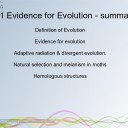


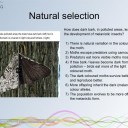
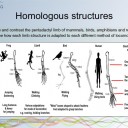
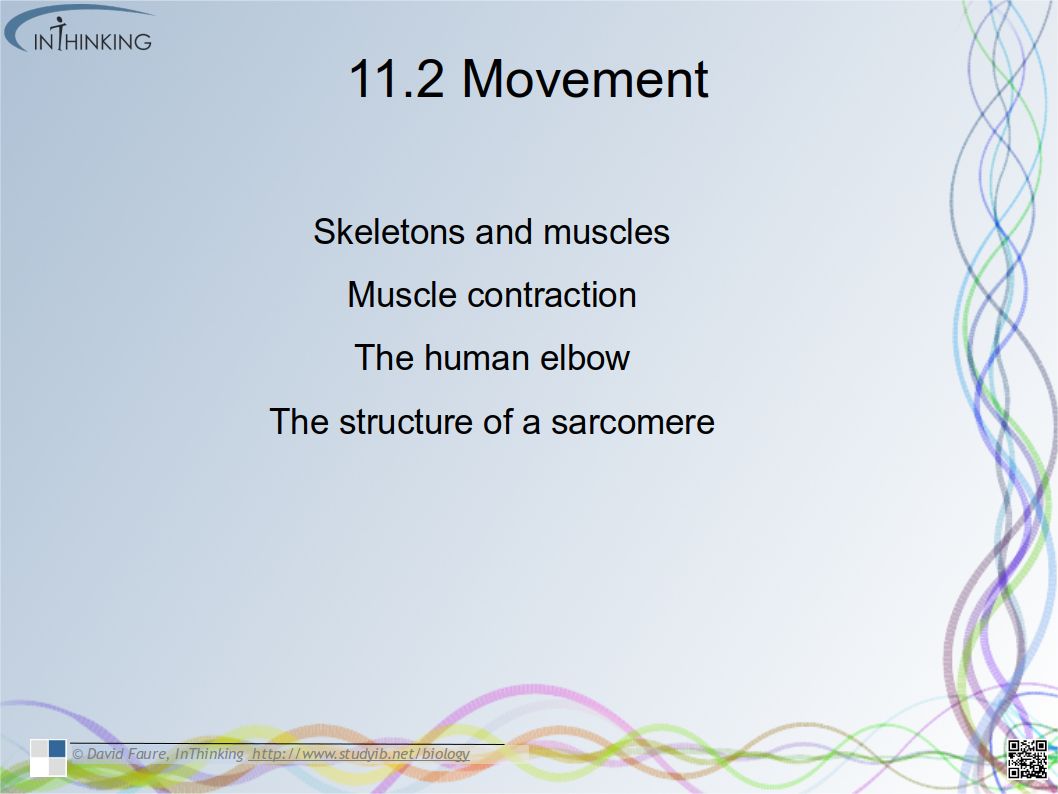
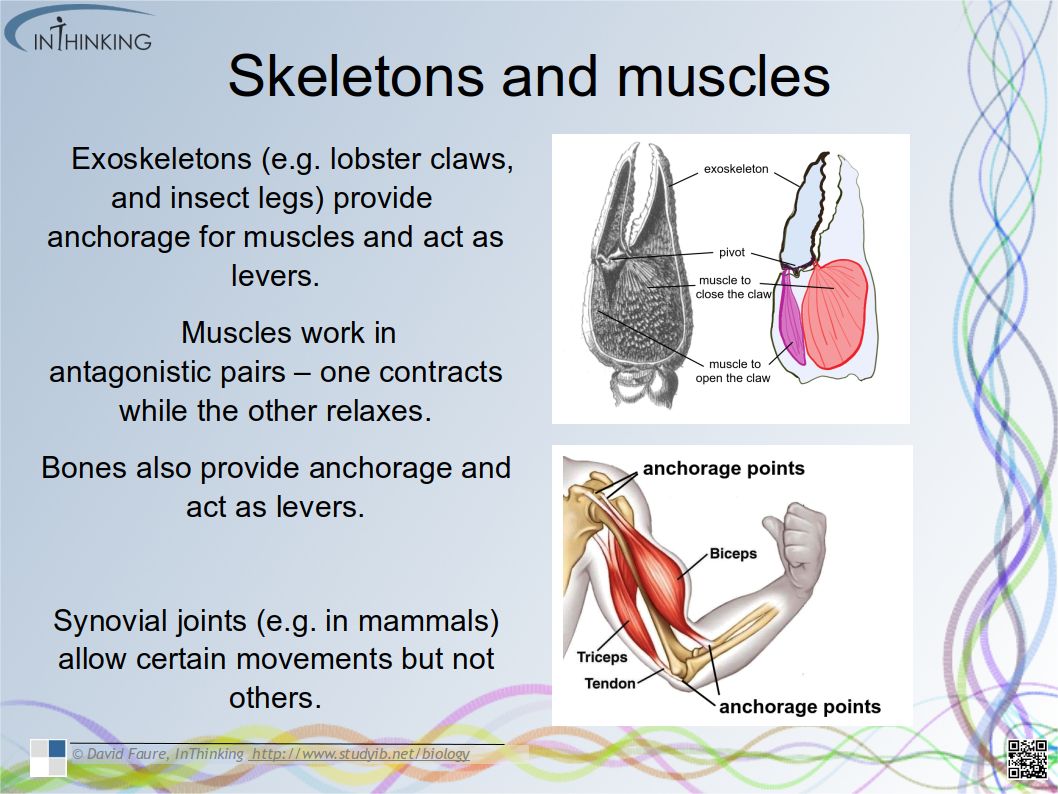
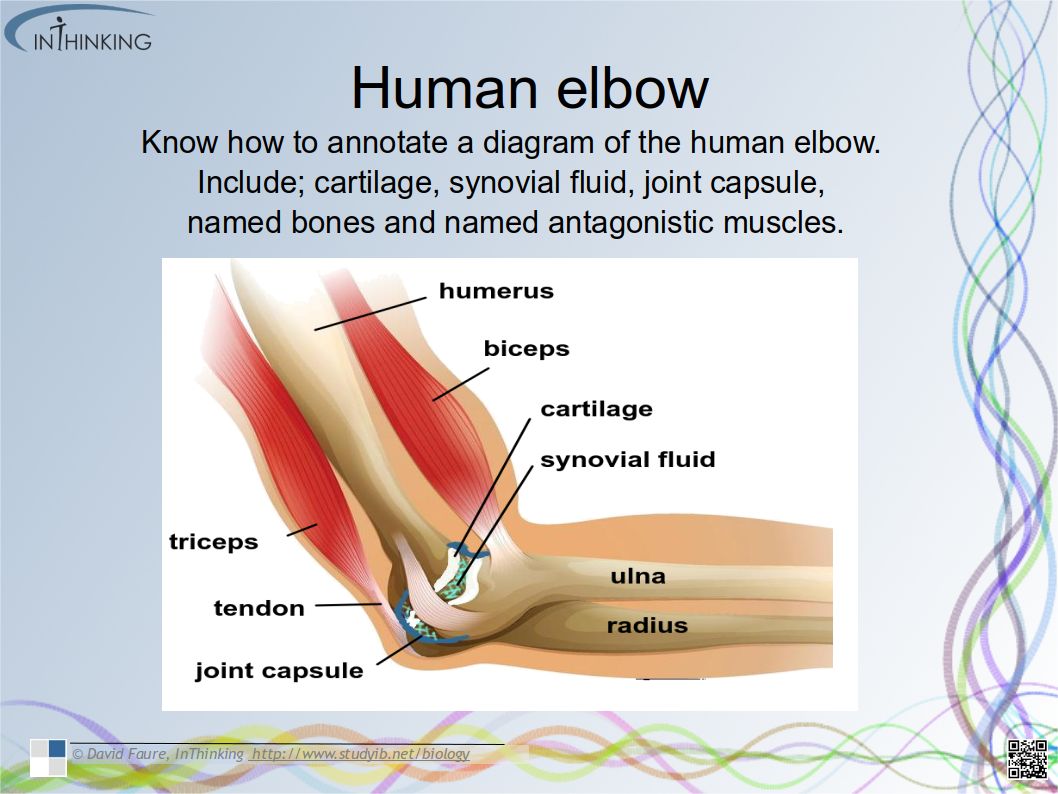
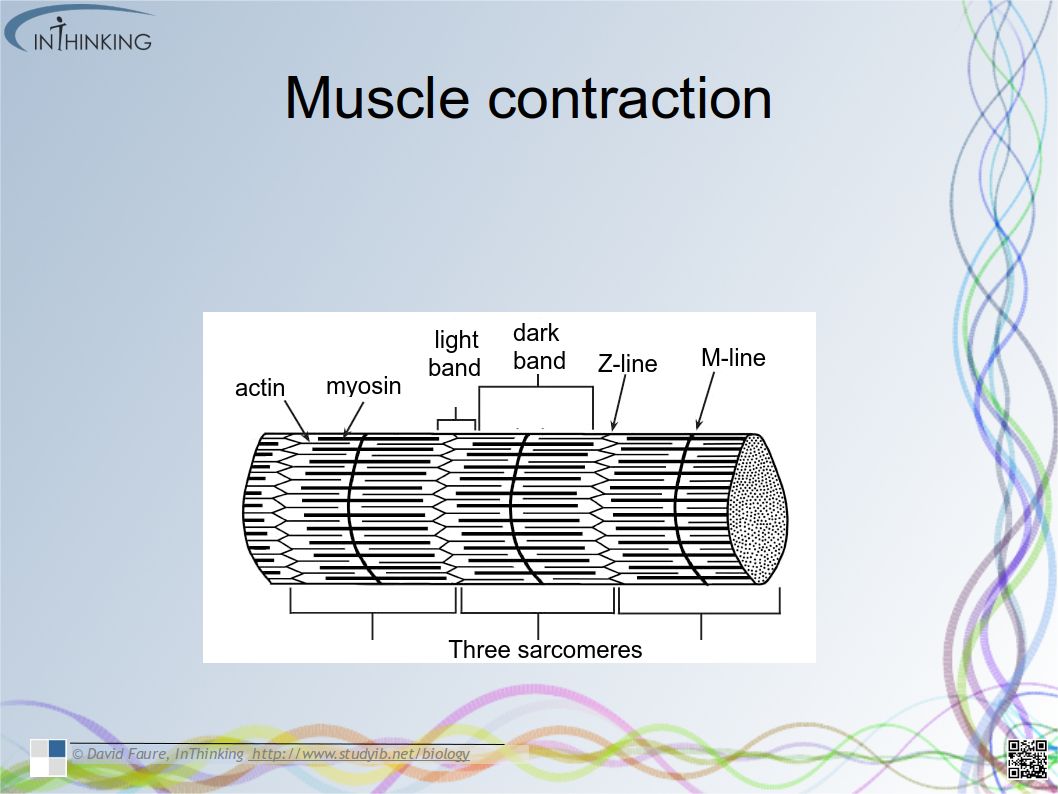
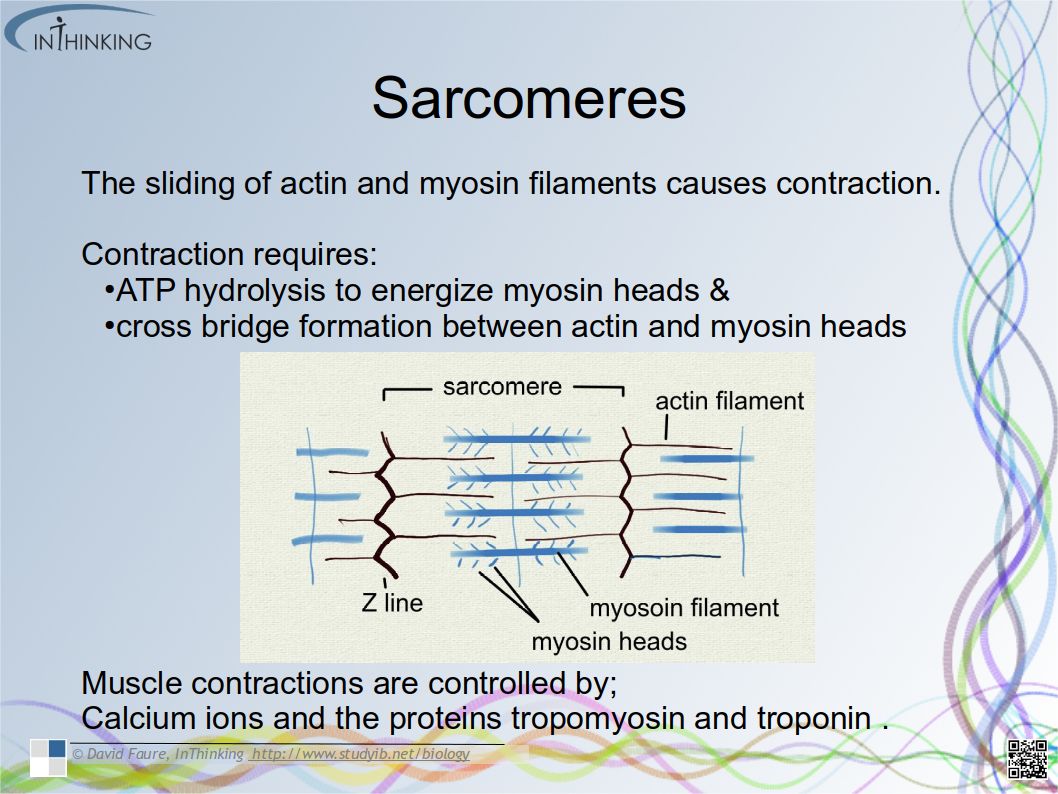
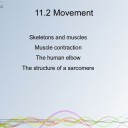
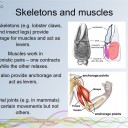
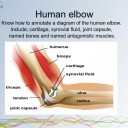

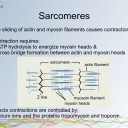
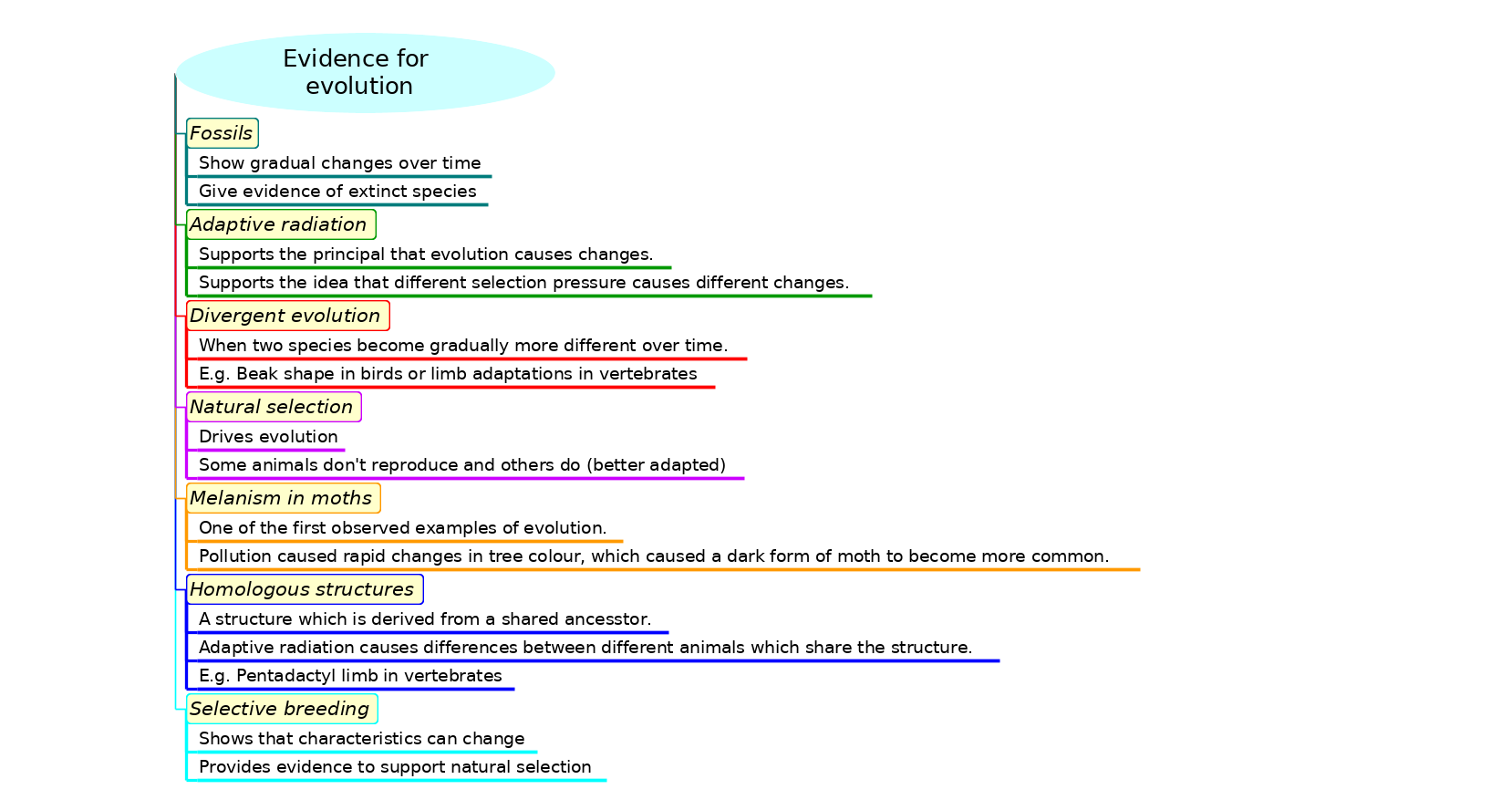


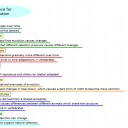
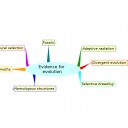
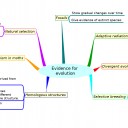
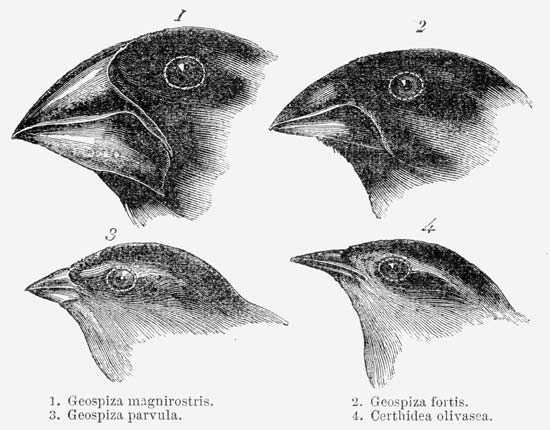

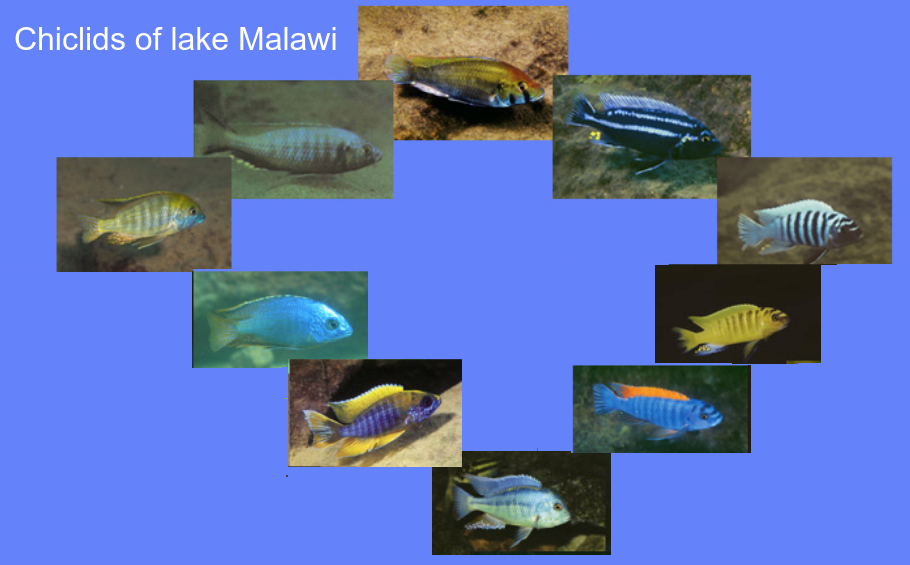
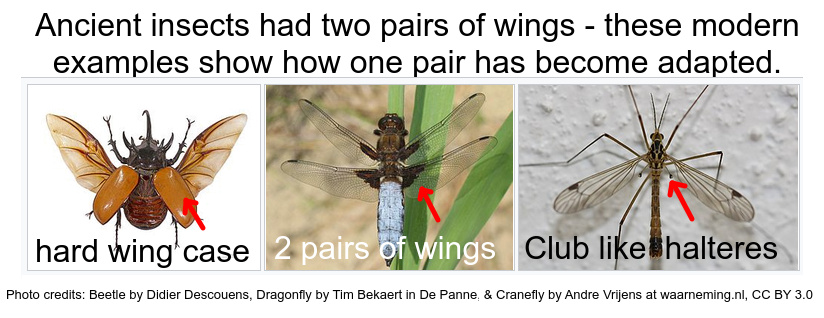
 Twitter
Twitter  Facebook
Facebook  LinkedIn
LinkedIn